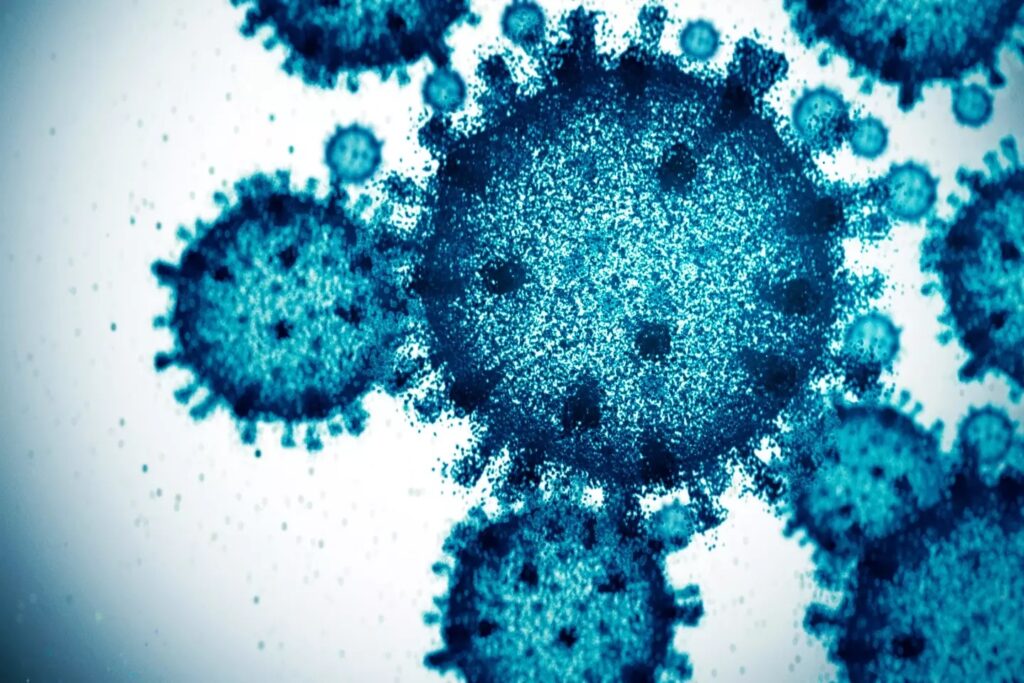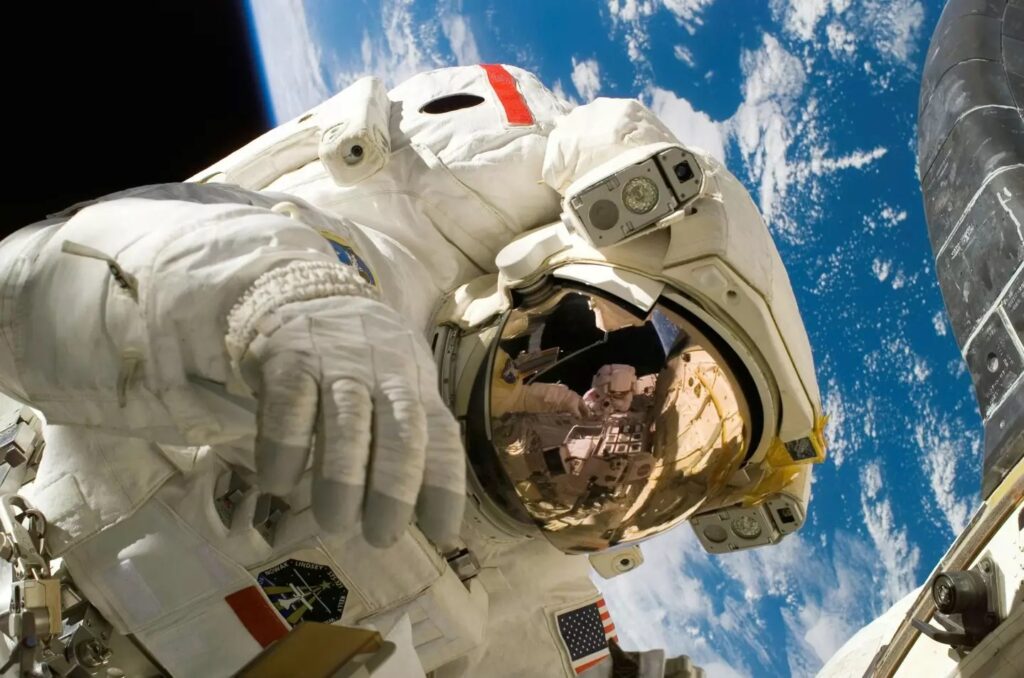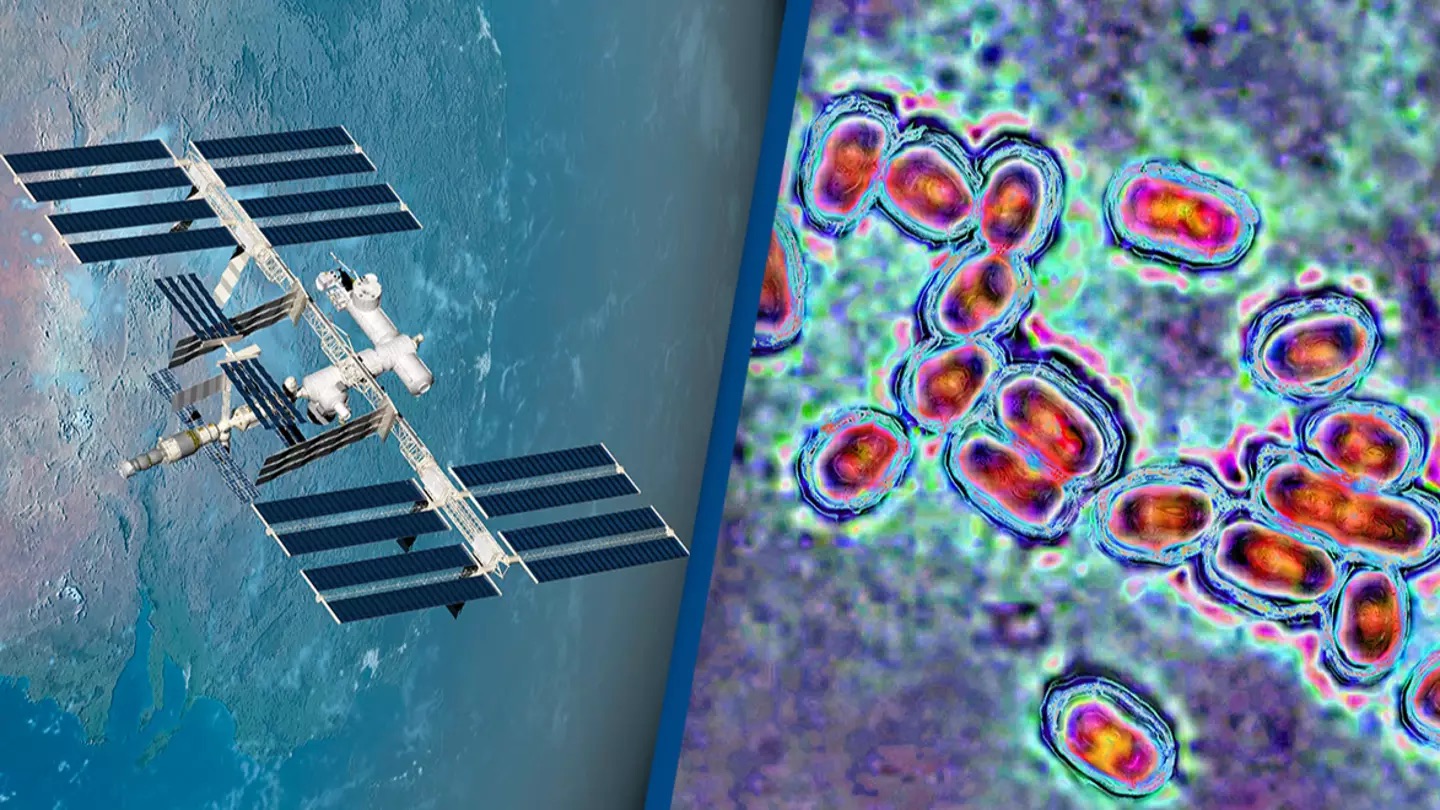For the past 75 years, humans have sent thousands of objects into space, including rockets, satellites, and even fruit flies. Despite all these launches, we rarely consider the bacteria that might accompany them, though it’s likely that significant amounts have been transported into space. In 2022 alone, 2,644 objects were launched.
While most bacteria are harmless, some pose risks. One such bacterium, Enterobacter bugandensis, was discovered on the International Space Station (ISS) in 2018. Initially, only five strains were known to cause severe infections, but further research identified eight more strains of this multi-drug-resistant bacteria.

The presence of microbes and bacteria on the ISS is crucial to astronauts’ health, raising concerns when harmful strains mutate. Despite the ISS being a highly controlled environment—with factors like microgravity, elevated CO2 levels, and higher solar radiation—these microorganisms have managed to survive.
Some microorganisms exposed to microgravity may become antibiotic-resistant and more virulent due to rapid mutations and horizontal gene transfer. Enterobacter bugandensis has found a niche on the ISS, becoming distinct from its counterparts on Earth.

A study published in March noted that Enterobacter bugandensis is an opportunistic pathogen, meaning it primarily affects individuals with weakened immune systems—common among astronauts after long space missions. The study explained that this bacterium can cause infections such as sepsis, respiratory issues, and urinary tract infections.
It suggested that the unique stresses of the space environment might drive these genomic changes. These insights are expected to improve understanding of the microbial dynamics aboard the ISS and help mitigate risks posed by potential pathogenic threats to astronauts.
